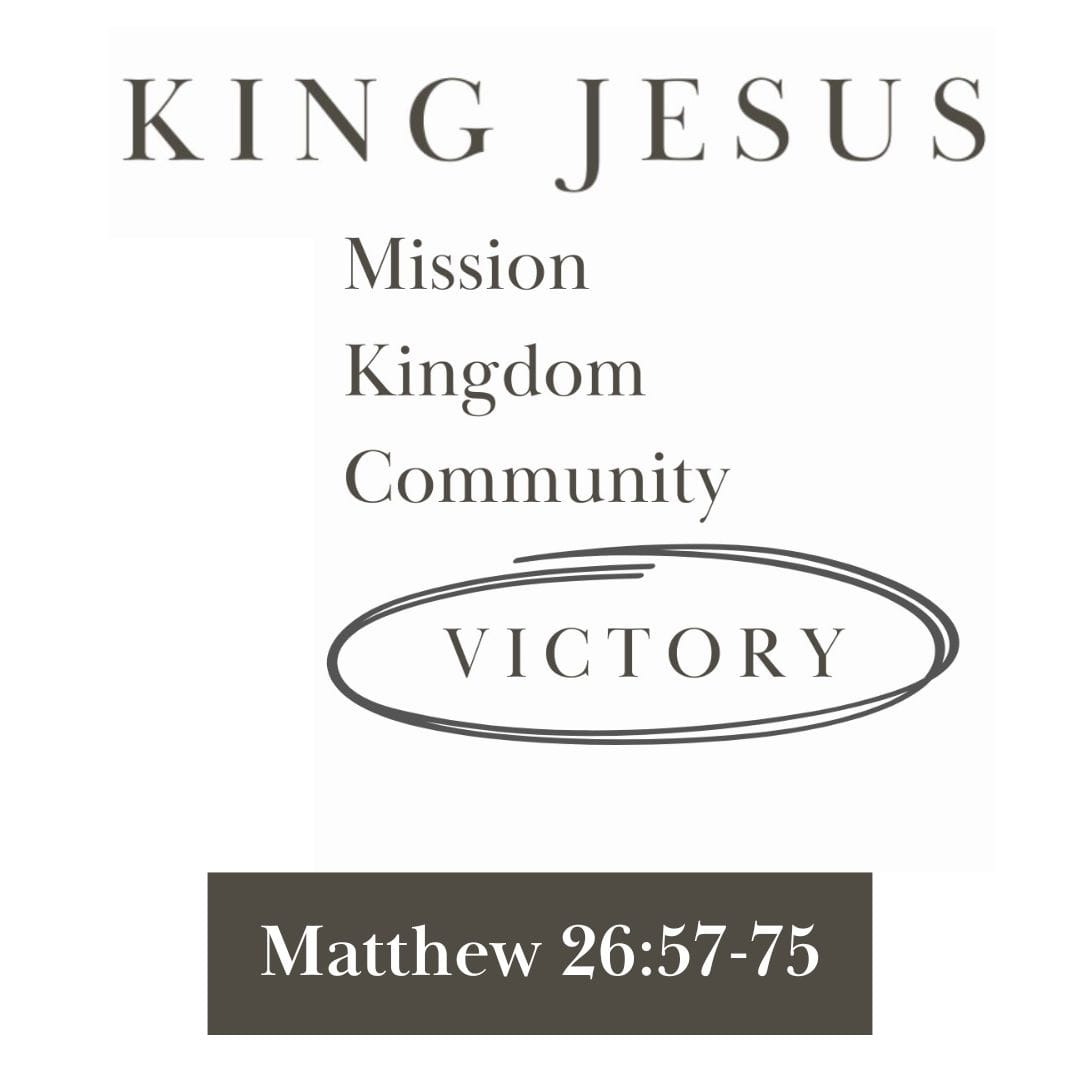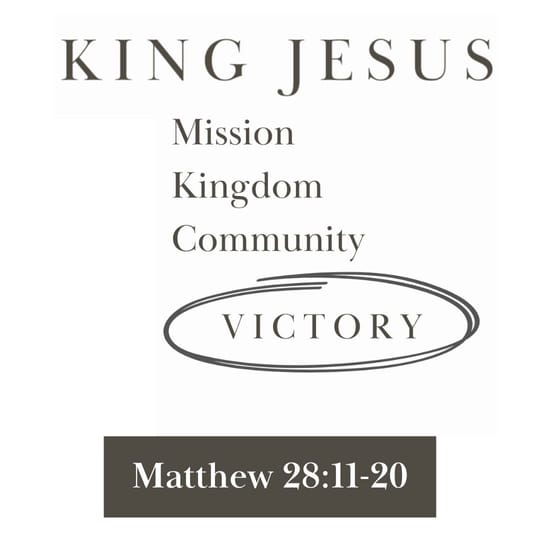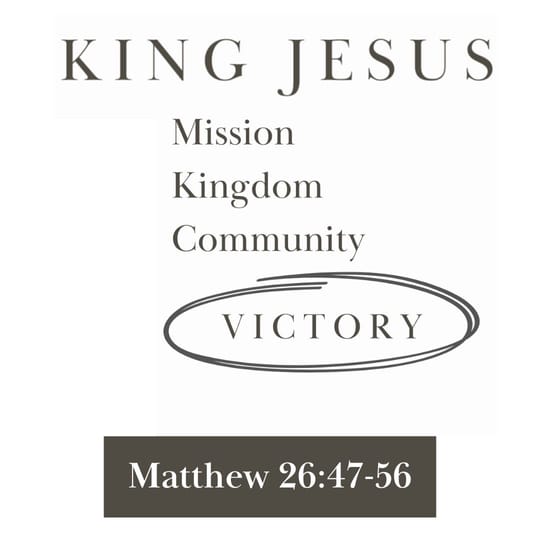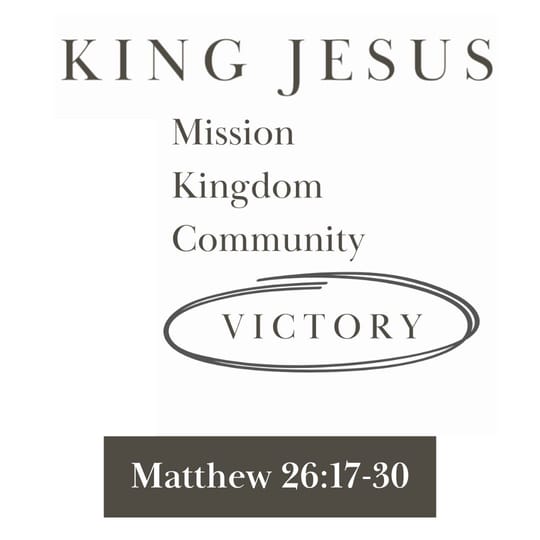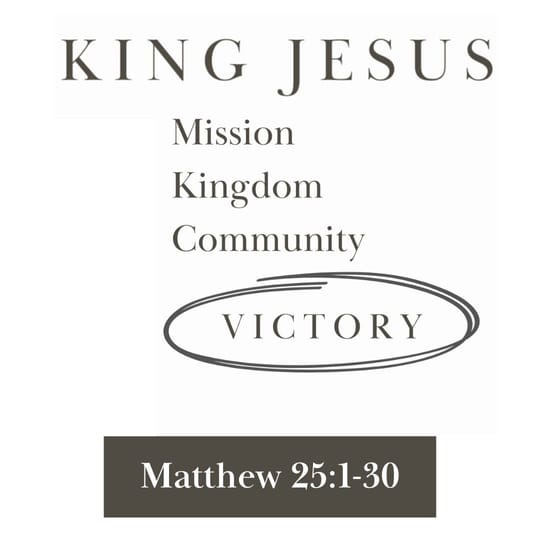Text:
Then the people who had arrested Jesus led him to the home of Caiaphas, the high priest, where the teachers of religious law and the elders had gathered. 58 Meanwhile, Peter followed him at a distance and came to the high priest’s courtyard. He went in and sat with the guards and waited to see how it would all end. 59 Inside, the leading priests and the entire high council were trying to find witnesses who would lie about Jesus, so they could put him to death. 60 But even though they found many who agreed to give false witness, they could not use anyone’s testimony. Finally, two men came forward 61 who declared, “This man said, ‘I am able to destroy the Temple of God and rebuild it in three days.’”
62 Then the high priest stood up and said to Jesus, “Well, aren’t you going to answer these charges? What do you have to say for yourself?” 63 But Jesus remained silent. Then the high priest said to him, “I demand in the name of the living God—tell us if you are the Messiah, the Son of God.”
64 Jesus replied, “You have said it. And in the future you will see the Son of Man seated in the place of power at God’s right hand and coming on the clouds of heaven.”
65 Then the high priest tore his clothing to show his horror and said, “Blasphemy! Why do we need other witnesses? You have all heard his blasphemy. 66 What is your verdict?” “Guilty!” they shouted. “He deserves to die!”
67 Then they began to spit in Jesus’ face and beat him with their fists. And some slapped him, 68 jeering, “Prophesy to us, you Messiah! Who hit you that time?”
69 Meanwhile, Peter was sitting outside in the courtyard. A servant girl came over and said to him, “You were one of those with Jesus the Galilean.”
70 But Peter denied it in front of everyone. “I don’t know what you’re talking about,” he said. 71 Later, out by the gate, another servant girl noticed him and said to those standing around, “This man was with Jesus of Nazareth.” 72 Again Peter denied it, this time with an oath. “I don’t even know the man,” he said. 73 A little later some of the other bystanders came over to Peter and said, “You must be one of them; we can tell by your Galilean accent.” 74 Peter swore, “A curse on me if I’m lying—I don’t know the man!” And immediately the rooster crowed. 75 Suddenly, Jesus’ words flashed through Peter’s mind: “Before the rooster crows, you will deny three times that you even know me.” And he went away, weeping bitterly.
In the Kingdom of God, Victory looks DIFFERENT BUT BETTER than we can imagine.
Overall Commentary: 🌎
The past few passages have been building on each other. Jesus has shown us how to stand strong. He has shown us to keep calm. Now, He will show us how to respond in times of crisis. This passage is not about the Sanhedrin's sliminess nor Peter's denial. It is about the greatness of our King.

Kingdom victory teaches us how to RESPOND IN TIMES OF CRISIS.
Commentary
Verse 57-61. The Trial.
Verse 57: The Sanhedrin—They had convened the Jewish council. This was the equivalent of the Supreme Court for the Jewish nation. Even though they were a conquered people, Rome allowed many nations (like the Jewish nation) to conduct much of the policing. They were unable, however, to impose capital punishment without the governor's approval.
Verse 58: The Courtyard—Many large homes during this time would have various levels to their home. The courtyard would be inside the gates of the high priest's house but not into the inner parts of his home. This would have still been where Peter could see Jesus.
Verse 59: An Illegal Trial—There are so many illegal things happening in this trial that some initially thought this may not be accurate. However, according to Josephus (the Jewish historian), other terrible trials were conducted about the time of the destruction of the Temple in 70AD to prophets who said the Temple would be destroyed. Here are some of the laws that were broken according to the Mishna:
- Trials were only supposed to be conducted during the day.
- Trials were only supposed to be conducted in the designated meeting hall.
- Trials were thrown out if false witnesses were found.
- Defendants were supposed to have an Advocate.
- Trials were supposed to be in public.
- Trials were not supposed to be conducted on the Eve of a festival.
- Verdicts were not supposed to be given immediately.
Verse 61: Why is Jesus' Declaration about the Temple a Big Deal?— According to 2 Samuel 7:13-14 and Zechariah 6:12, the Messiah would build a place for God to be worshipped. This is not what Jesus meant, but they used it to say He claimed to be the Messiah.
Verse 62-64. The Response.
Verse 63: Why did Jesus respond?— When Caiaphas put Him under an oath to respond, Jewish law obligated Jesus.
Verse 64: Jesus' Response—Jesus tells them they did not go far enough. He paraphrases two Messianic prophecies, Psalm 110 and Daniel 7. He says He is not merely an Earthly Messiah; He is God.
Verse 65-75. The Denial.
Verse 69: A Galilean— The local area thought that Galileans did not say specific guttural phrases like everyone else. It would be like hearing someone with a thick New York accent.
Verse 74: Did Peter cuss?— Much has been made of Peter cussing or using an equivalent of a first-century "four-letter word" to express his disdain for being asked these questions. This is not what is happening. He uses an often-used phrase to say he is telling the truth; if not, God should judge him. It is the same as saying, "If I am lying, may God strike me dead."
Verse 75: Peter Needs a Break—I will be the first to say I have given Peter a hard time for this. He claimed to be willing to follow Jesus to the death, yet he denies Jesus when confronted by a servant girl. However, we cannot forget that Peter followed Jesus when all others (except John) ran away. He was also courageous enough to sit with his enemies and possibly wait for an opening to do something. He knew he was outnumbered and in enemy territory, but he was still there. That should earn some respect.
Top Takeaway- Because of Jesus, we can respond instead of react.
We will all face various crises moments in our lives. There will be a moment when we will be like Jesus and a moment when we will be like Peter. There will be moments when it seems like the world is against us. What do we do? We must not allow ourselves to be drawn into arguments. We must remember to keep the main thing the main thing. Also, we must remember who Christ says we are and not allow ourselves to be "defined" by what is doing on around us. Also, when faced with accusations and unexpected trouble, we must remember that God sees us. He is in control. Even if we fail Him, He will never fail us.
Further Resources for Deeper Study
- Blue Letter Bible: Cross-Reference/Word Studies/Translations
- How to Cross-reference passages. Let the Bible interpret the Bible.
- BibleHub.com: So. Many. Tools.
- Bible Study Notes
- Matthew Henry Commentary
- Principles of Ministry
Extra Study






https://www.chabad.org/library/article_cdo/aid/4100306/jewish/The-Sanhedrin.htm
